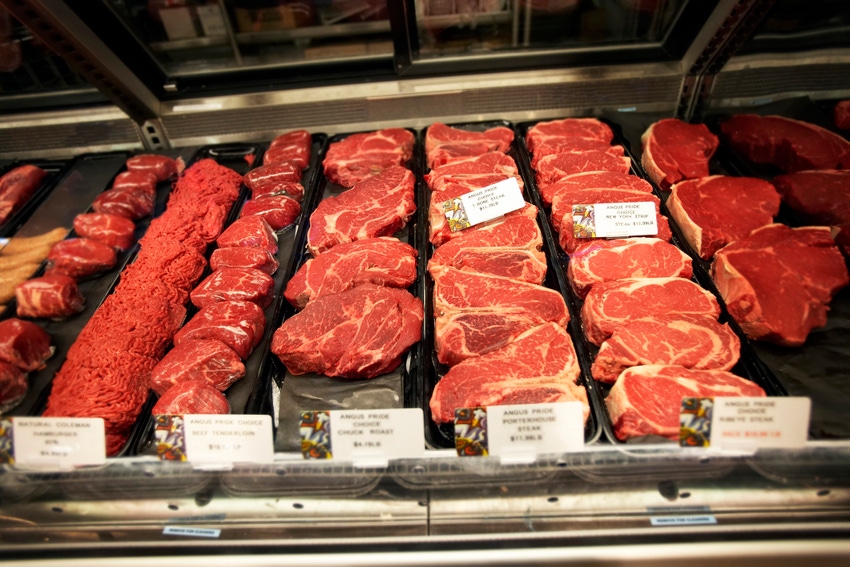New document addresses cultured, plant-based protein misperceptions
Resource helps clarify information surrounding traditional meat production and alternative products.
May 23, 2018

Advances in the development of cultured meat products and plant-based “meat alternatives” are hot topics in the media, though often conveying inaccuracies about the environmental impact, nutrition and safety of traditional meat products. To help address many of these common mistakes, the North American Meat Institute (NAMI) has developed its newest "Media MythCrusher," a document that discusses 13 different misperceptions and provides the facts for reporters to use as they develop their stories.
“There are many claims made about how new technologies compare to traditional meat production, though context is often lacking in news coverage,” NAMI vice president of public affairs Eric Mittenthal said. “The 'Media MythCrusher' aims to provide the facts about traditional meat production and how it relates to new technologies.”
The "Media MythCrusher" includes more detail on the U.S. Department of Agriculture’s definition of meat as the debate continues about how new cultured and plant-based products should be regulated.
It also highlights the science on the environmental impact of meat production, one of the most common inaccurate claims seen in news coverage. Recent research suggests that eliminating animal agriculture in the U.S. would reduce greenhouse gas emissions by only 2.6% while increasing dietary deficiencies in essential nutrients.
The latest "Media MythCrusher" is the sixth in a series, which also features documents addressing myths about the environmental impact of meat, antibiotics, meat curing and sodium nitrite and the International Agency for Research on Cancer review of red and processed meats. It complements the "Meat MythCrusher" video series featuring 54 videos produced by NAMI and the American Meat Science Assn. The videos include interviews with meat scientists and other prominent experts on the most common myths surrounding meat and poultry production and processing.
You May Also Like


.png?width=300&auto=webp&quality=80&disable=upscale)
